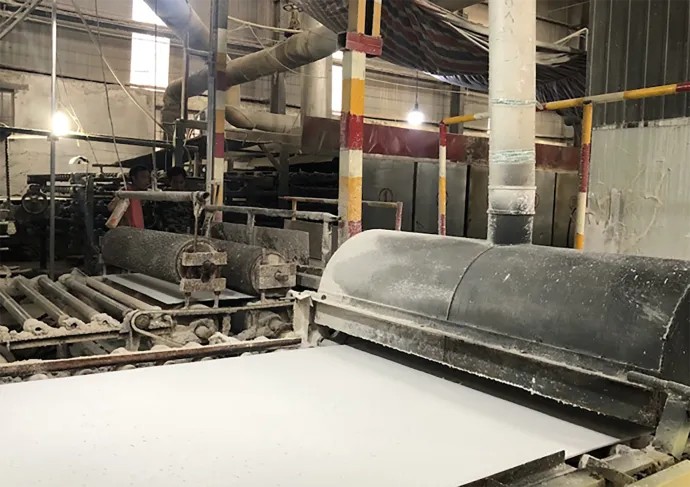In conclusion, the management of cow lice requires a multifaceted approach that includes preventive measures, timely treatment, and effective monitoring. With the right strategies in place, cattle producers can protect their herds from lice infestations, ensuring better health outcomes and improving overall productivity. Regular consultation with a veterinarian can provide valuable insights into the most effective treatment protocols tailored to specific farm conditions. By staying informed and proactive, cattle owners can maintain healthy herds and thrive in the competitive world of livestock production.






